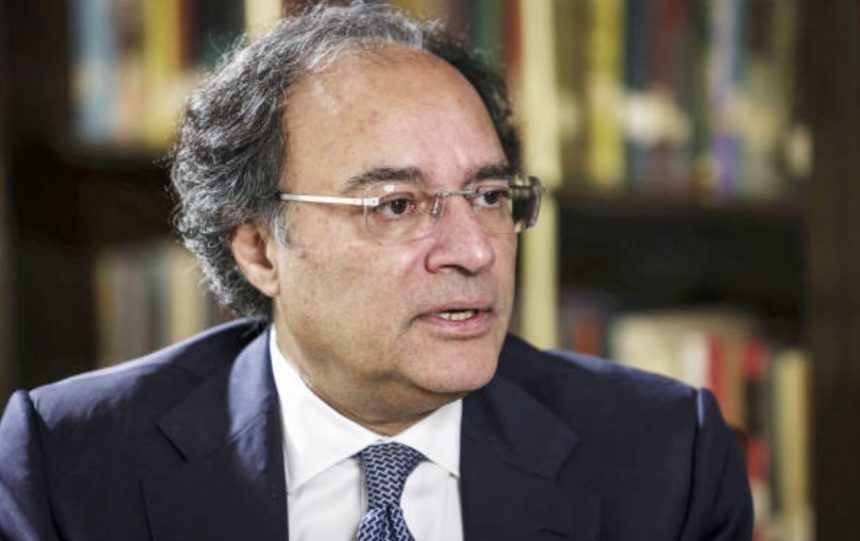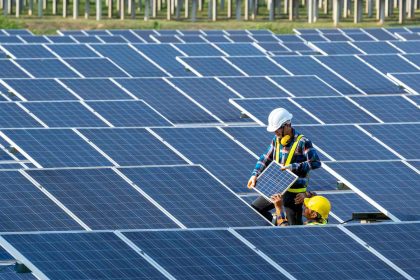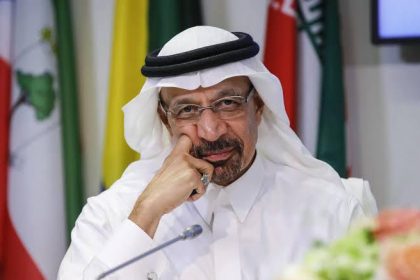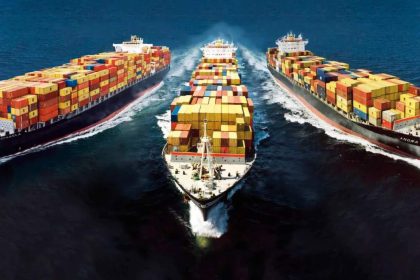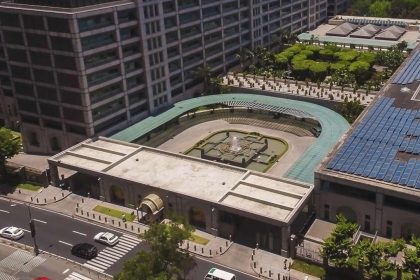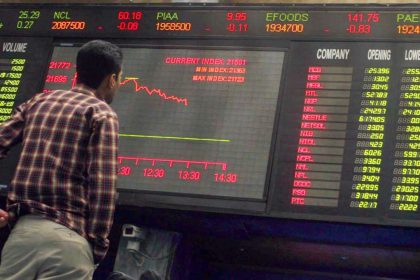The government is all set to relinquish charge of state-owned enterprises and has asked the private sector to take the lead, just as the country tries to move away from dependency on the International Monetary Fund (IMF).
During his address at an event in Islamabad, Federal Minister for Finance Muhammad Aurangzeb spoke about the importance of diversifying the government’s sources of revenue to steer it away from the routine of going to the international lender and to ensure economic stability. He highlighted how the staff-level agreement (SLA) has been signed.
He said that the government was committed to structural reforms this time around. He further said that there was no more room for ignoring economic reforms, whether they be about taxation, the energy sector, or the state-owned enterprises. He also spoke about the improving economic indicators, particularly the upgraded rating by Fitch, which he attributed to the policies of the government led by Prime Minister Shehbaz Sharif.
The finance minister reiterated the economic team’s commitment to stabilizing the economy to pursue growth. He specified that the government was pursuing export-led growth and draw in foreign direct investment (FDI). During the same event, Deputy Prime Minister Ishaq Dar spoke about the government’s commitment to structural reforms and highlighted Pakistan’s potential to join the G-20.
He called for bringing together all stakeholders for growth. Ishaq Dar, who previously served as the finance minister during the last government, mentioned how his economic team worked on reforms, which resulted in the national economy evolving as the 24th largest in the world. He took stock of the current situation – Pakistan is currently the 48th largest economy in the world – but expressed optimism, saying that the country has a bright future.
He said that the country needs to have a better rating on the ease of doing business (EODB) index to attract foreign direct investment. On the other hand, Pakistan’s exports to China are steadily increasing. During the past 12 months, the export of goods and services increased by 33.67 percent, compared to the year before that. The exports were recorded at $2.707 billion from the previous figure of $2.025 billion.
Ever since Prime Minister Shehbaz Sharif’s visit to China earlier this year, the government has been eying enhanced economic ties with China. Speaking to the journalists after meeting a Chinese delegation, the premier said that both the countries would enhance collaboration. He said that China’s cooperation with Pakistan in the agriculture sector will allow the country to export products that were in line with the quality standards of China.
He expressed Pakistan’s eagerness to pursue joint ventures with China and highlighted the potential of industrial cooperation between the two countries. The government’s initiatives appear to be bearing fruit, and inflation is steadily declining in the country. Inflation for the month of July was recorded at 11.1 percent. In June, the figure was recorded at 12.6 percent. While the month-on-month difference is good enough, the actual change can be felt in year-on-year figures. Consumer Price Index (CPI) inflation was recorded at 28.3 percent last July, and this July’s figure shows a difference of 17.2 percent.




